Fat (including that in cheese and in creamy or high-fat-meat sauces) slows digestion. If you go to bed after a rich, heavy meal, you're going to wake up with nerves and a bunch of undigested food in your stomach. At best, it can weigh you down, or it may require an unplanned pit stop.
The lesson learned here is to load up properly!
After months of training, a runner's glycogen or blood sugar stores are depleted to about 50 to 60 percent of normal. In order to sustain energy for three, four, or more hours, they must be topped off, which means carb-loading starting 72 hours out (not only the night before).
Recommendations:
Eat 4 grams of carbohydrates per pound of body weight per day. For a 130-pound woman, that would be 520 grams. Your diet should consist of 80 to 90 percent carbohydrates.
Avoid high-fiber foods, like nuts, seeds, fruits with the peel on and juice with pulp—all of which tend to leave a residue in the gut.
Indulge in bananas or melons; creamy (not crunchy) peanut butter; pulp-free juice; and white foods like rice, bread and pasta (white over wheat, as wheat contains too much fiber for pre-race conditioning).
Finallly, the day before the race, make lunch your biggest meal so you have plenty of time to digest. Good luck!

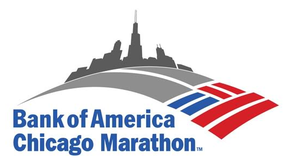
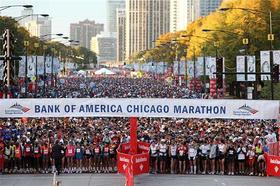




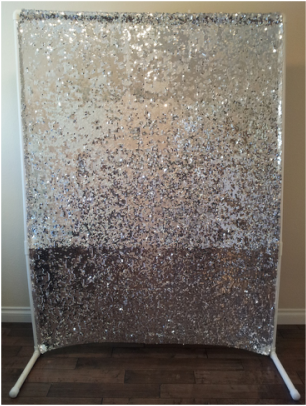


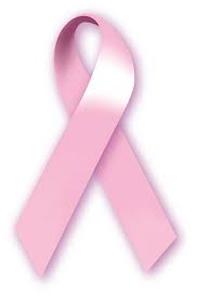




























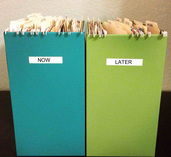

 RSS Feed
RSS Feed


